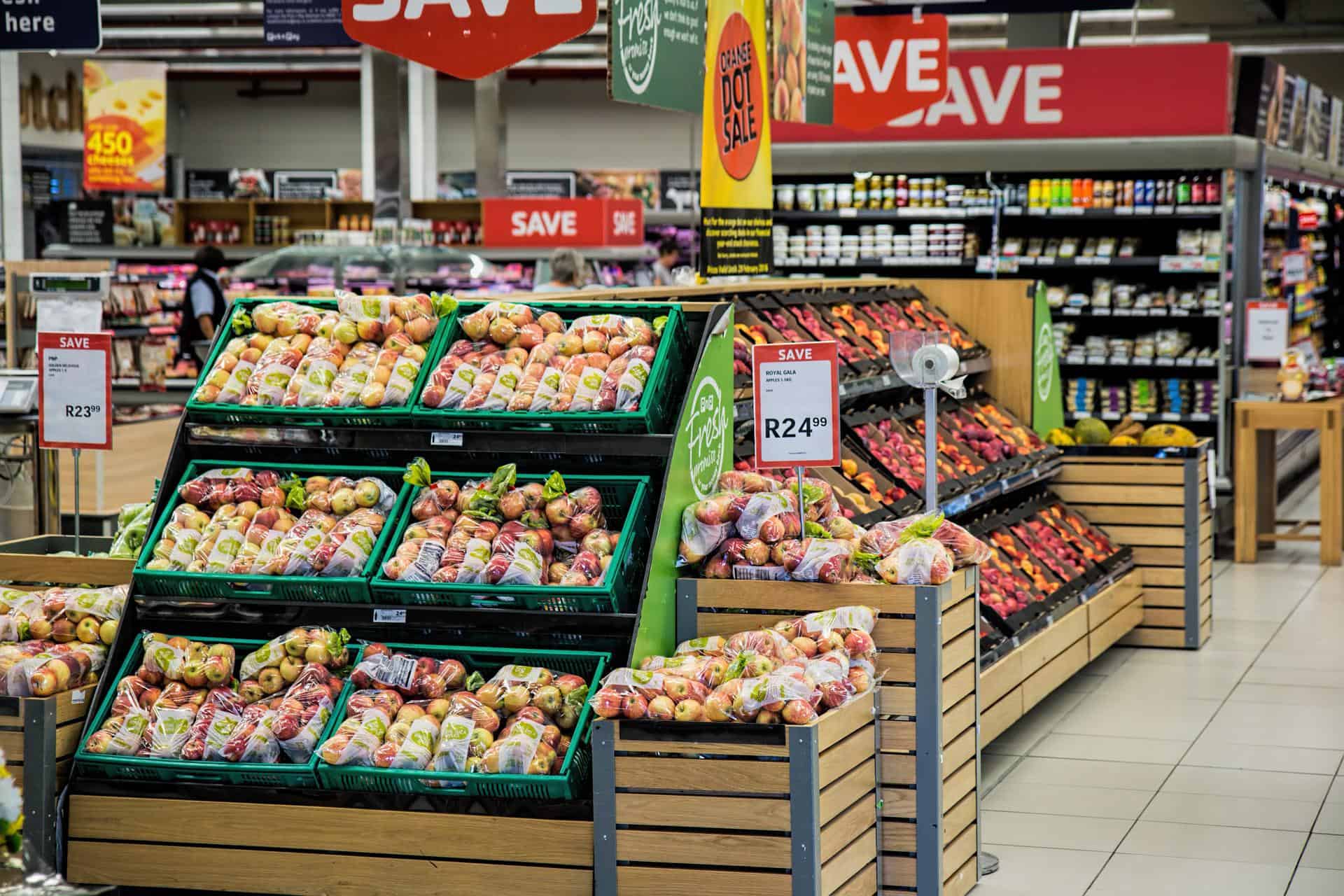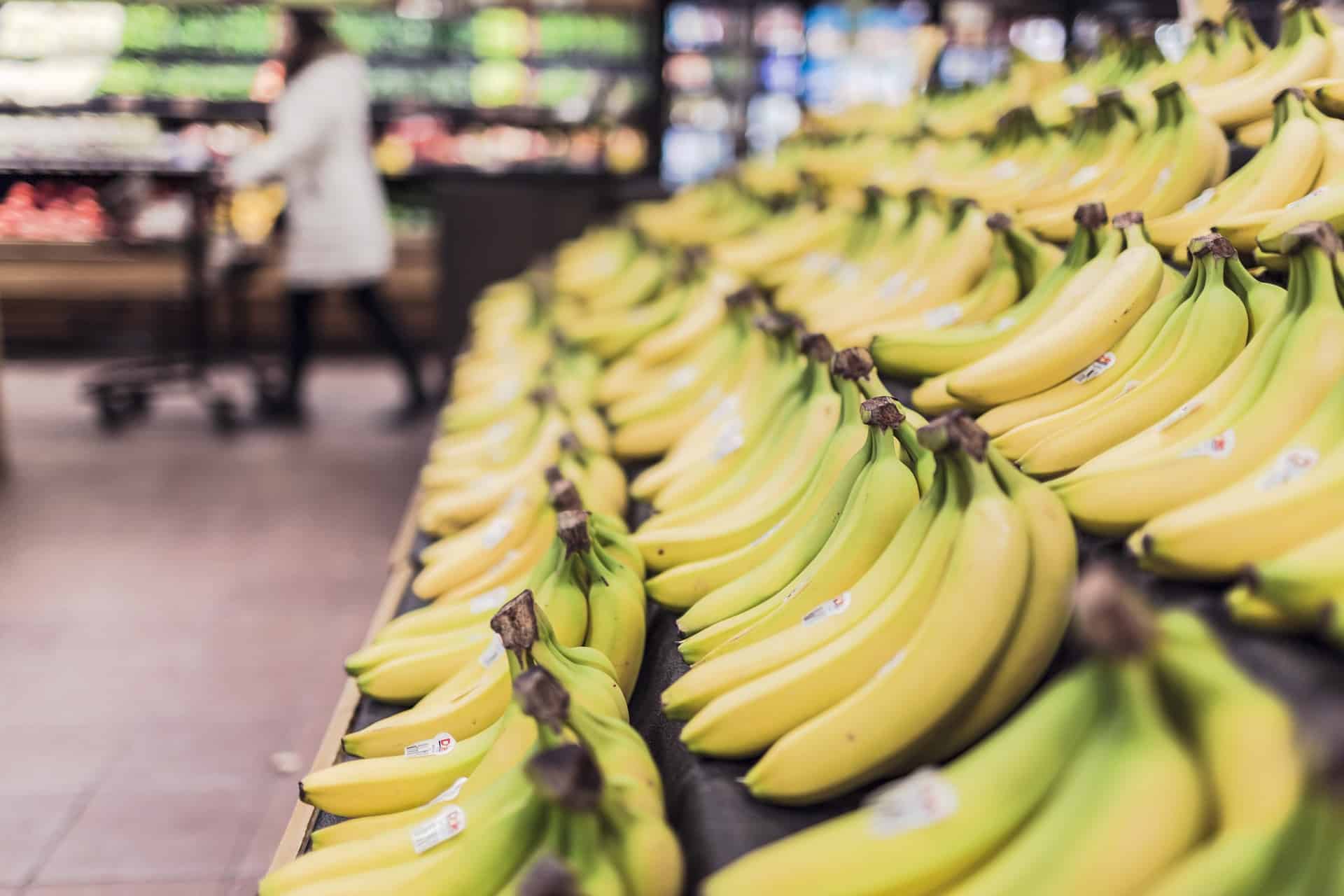Sources: The Institute for Grocery Delivery (IGD) says prices will rise by 15% as households pay more for staples such as bread, meat, dairy and fruit and vegetables.
Not only that, but IGD also warns that people with more vulnerable funds may skip meals.
The IGD also predicts that prices will rise faster than the Bank of England expects.
The average monthly grocery bill for a family of four will hit £439 in January next year, up from £396 in the same month this year.
Reasons for the rising cost of living
We looked at a lot of reports, and most of them pointed to the war.
IGD, which provides analysis for major grocers, said the UK was facing its highest cost of living pressure since the 1970s, largely due to the war in Ukraine.
Ukraine and Russia are both major global grain producers – together they account for nearly a third of global wheat exports.
So the Russian invasion of Ukraine is pushing up food prices as countries around the world scramble for it.
You may also like this article:UK inflation hits 30-year high
The scope of the impact of rising cost of living
Products that use grain directly (bread, etc.), as well as products made from grain-eating animals, such as chicken, will see rapid price increases in summer or fall, IGD said.
Chickens grow quickly, so it only takes a few weeks for consumers to feel the increase in animal feed prices.
Tightening fuel and energy costs will also push up food prices, as much of the agriculture industry is very energy-intensive.
Fertilizer prices have also nearly tripled since last year.
Much of the aluminum foil and wood pulp typically comes from Russia, and the war has driven up packaging prices for these materials. Plastic packaging made from petroleum is also more expensive.
Ukrainian roads, ports and warehouses have been badly damaged in the war, so exports will be reduced “over the next few years”, weighing on supplies of sunflower oil and wheat.
How long will the rising cost of living last
Rising energy prices are expected to push up the cost of living in October, the central bank said, but said it would “take vigorous action” if necessary if inflationary pressures persist.
Rising gas and electricity bills will boost the cost of living in October by “just over” 11%.
As such, the bank is on a path to further gains. But that’s economic contraction and recession fears, with some economists predicting that some of those gains could be reversed within a year. This is a very uncertain time.
what to do next
A series of problems such as rising prices and inflation, if we only pin our expectations on government subsidies and tax cuts, this may not solve the status quo.
Currently, eating out is being avoided less and less, and more people are planning their menus ahead and making fewer spontaneous purchases.
More and more people are cooking and eating leftovers from scratch, shopping around.
Compare prices between retailers and switch from hot brands to supermarket private label products.
This has become a common phenomenon in special times. If your income still cannot cover your basic needs, you can seek government help.
Finally, why don’t you try throttling the asset at the source. Consulting our professional accountants and trying to plan tax bills for your assets and business can also save you unnecessary trouble and penalties.


